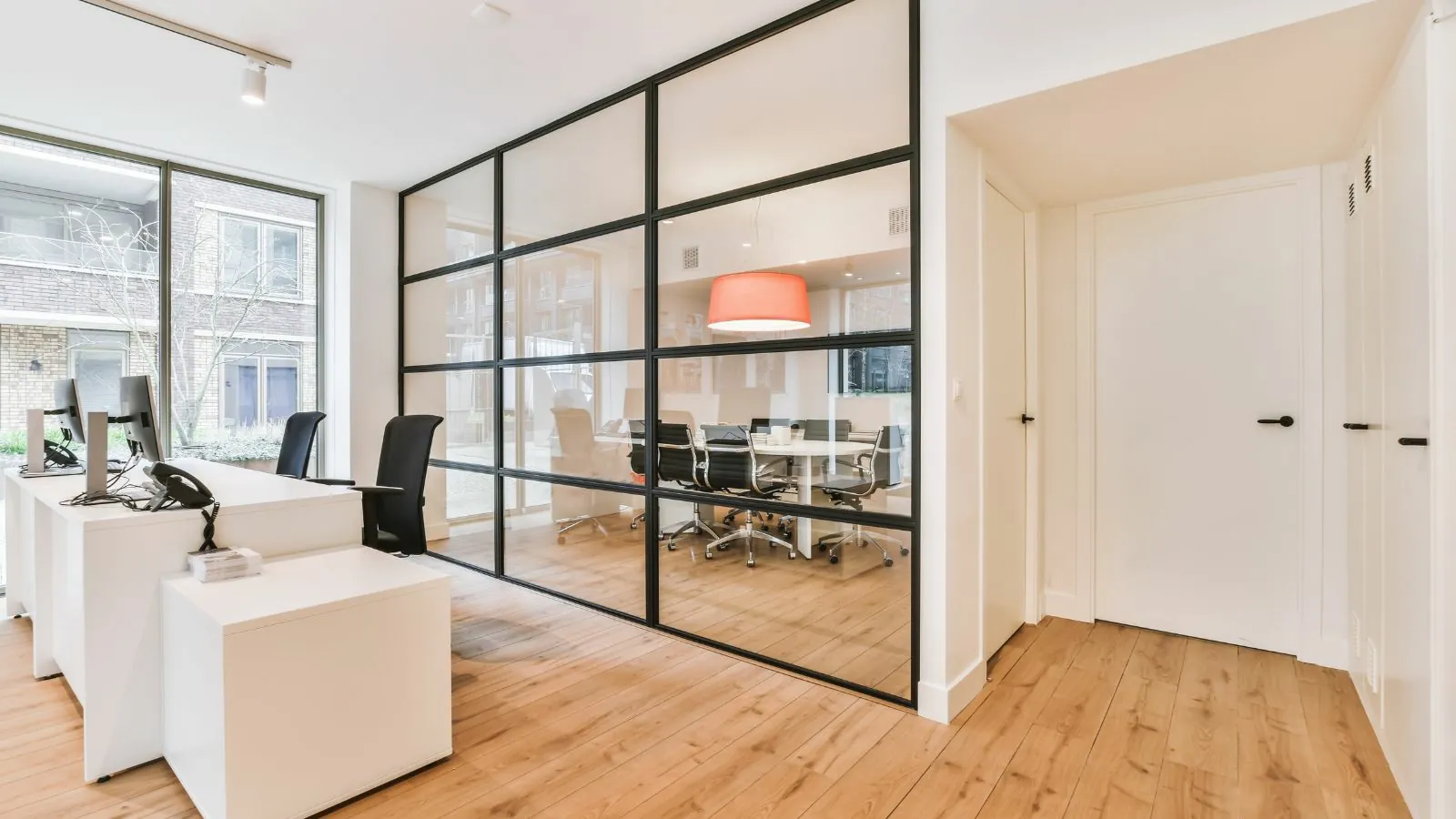Starting a cleaning business is like diving into a pool of suds—exciting but a bit slippery! While you might have the best mop and bucket in town, there’s one crucial element that can make or break your venture: insurance. But how much does it really cost?
Table of Contents
ToggleUnderstanding Insurance For A Cleaning Business
Insurance plays a critical role in protecting a cleaning business from unforeseen risks. Liability insurance safeguards against claims resulting from property damage or personal injury. General liability coverage typically costs between $300 and $1,500 annually, depending on various factors.
Workers’ compensation insurance is essential for businesses with employees. This type of coverage generally ranges from $0.75 to $2.74 per $100 in payroll. Risks associated with employee injuries mandate this protection, ensuring compliance with state laws.
Commercial property insurance protects physical assets such as equipment and cleaning supplies. Premiums for this coverage vary significantly, averaging $500 to $2,500 each year based on the location and value of assets. Owners should maintain an up-to-date inventory to determine adequate coverage.
Business owner’s policies (BOP) combine general liability and property insurance into one plan. BOPs often provide cost savings, with average costs between $500 and $3,500 annually. Bundling various coverages simplifies the administrative process.
The type of cleaning services offered influences insurance costs. For example, residential cleaning services typically incur lower premiums compared to specialized operations like industrial cleaning. Insurers assess risk levels associated with each service type.
Choosing the right insurance provider requires careful consideration. He or she must evaluate coverage options, pricing, and customer service ratings. Reading customer reviews and obtaining quotes from multiple insurers can yield valuable insights.
Understanding these insurance facets equips business owners with the knowledge needed to make informed decisions. Matching specific coverage to business needs protects investments and enhances credibility with clients.
Types Of Insurance Coverage
Insurance coverage is essential for a cleaning business, providing security against various risks. Understanding the different types of insurance helps in making informed decisions.
General Liability Insurance
General liability insurance protects against claims of property damage or personal injury. This coverage typically costs between $300 and $1,500 annually. It safeguards business owners from financial losses arising from accidents, ensuring that legal fees and settlements are manageable. Obtaining this insurance boosts credibility with clients, as it demonstrates a commitment to professionalism and accountability. Coverage often includes claims related to slips, falls, or damages that occur during cleaning services, making it a vital aspect of business operations.
Workers’ Compensation Insurance
Workers’ compensation insurance is crucial for cleaning businesses with employees. Costs range from $0.75 to $2.74 per $100 in payroll, depending on various factors like industry risk. This insurance covers medical expenses and lost wages for employees injured on the job. Its importance lies in protecting both employees and the business from potential lawsuits. In addition, having this coverage fosters a safer work environment by encouraging proper safety protocols and training.
Commercial Auto Insurance
Commercial auto insurance is necessary for cleaning businesses that use vehicles for operations. Premiums vary based on vehicle type, usage, and location but can average between $1,200 and $2,500 annually. This insurance covers damages resulting from accidents while transporting equipment or staff. Policies typically include liability, collision, and comprehensive coverage, protecting against theft and vandalism. Securing this insurance helps maintain business continuity and mitigates financial risks associated with vehicle operations.
Factors Influencing Insurance Costs
Insurance costs for a cleaning business depend on several key factors that business owners should carefully evaluate.
Business Location
Business location plays a significant role in determining insurance premiums. Urban areas often have higher risks related to accidents and theft, leading to increased insurance costs. In contrast, rural locations might feature lower rates due to reduced risks. Each region may also have different regulations and requirements, which can impact coverage options and pricing. According to the National Association of Insurance Commissioners, geographical regions affect the overall pricing structures of insurance policies.
Size Of The Business
The size of a cleaning business significantly influences its insurance costs. Larger businesses typically face higher premiums due to increased exposure to liabilities and risks associated with managing more employees and clients. Conversely, small businesses generally benefit from lower rates because they handle fewer job sites and may operate with limited staff. Insurers often assess the number of employees, scope of operation, and total revenue when calculating costs, which helps in determining suitable coverage solutions.
Type Of Services Offered
The type of services offered directly impacts insurance pricing for cleaning businesses. Specialized services, such as industrial cleaning or hazardous material management, increase risk levels, resulting in higher insurance rates. Standard residential cleaning usually incurs lower premiums as it poses fewer risks to clients and employees. A business that offers a diverse range of services may require additional coverage options, which can further influence overall costs. Understanding the risks associated with specific services allows business owners to choose appropriate insurance packages tailored to their needs.
Average Cost Estimates
Understanding the average cost of insurance for a cleaning business provides essential insights for budgeting. Various factors influence these costs, and ranges can vary significantly.
National Averages
Nationally, general liability insurance for a cleaning business typically costs between $300 and $1,500 annually. Workers’ compensation insurance averages $0.75 to $2.74 per $100 spent on payroll. Commercial property insurance ranges from $500 to $2,500 per year, depending on the value of the insured assets. Business owner’s policies, which combine coverage types, can present cost savings, often appealing to new business owners. Such averages help business owners gauge their potential insurance expenses.
State-Specific Variations
Insurance costs also fluctuate by state, reflecting regional risk factors. Urban locations usually experience higher premiums due to increased claims likelihood. For instance, states with higher populations, like California and New York, may charge more for coverage compared to less populated regions. On the other hand, states like Iowa or Arkansas may offer lower rates, primarily because of less exposure to litigation. By considering state-specific variations, business owners can make informed decisions regarding their insurance needs.
Conclusion
Navigating the insurance landscape for a cleaning business is essential for its success. By understanding the various types of coverage and their associated costs business owners can make informed decisions that protect their investment. It’s clear that factors such as location business size and service type significantly impact insurance premiums.
Investing in the right insurance not only safeguards against potential liabilities but also enhances the business’s credibility with clients. As cleaning businesses grow and evolve staying informed about insurance options will ensure they remain protected and competitive in the marketplace.




